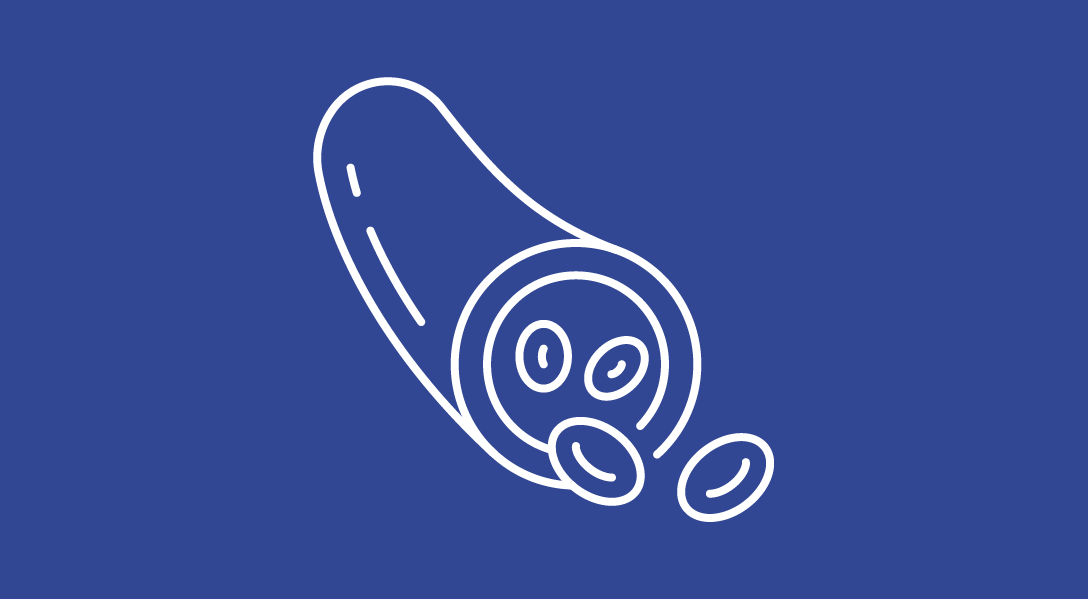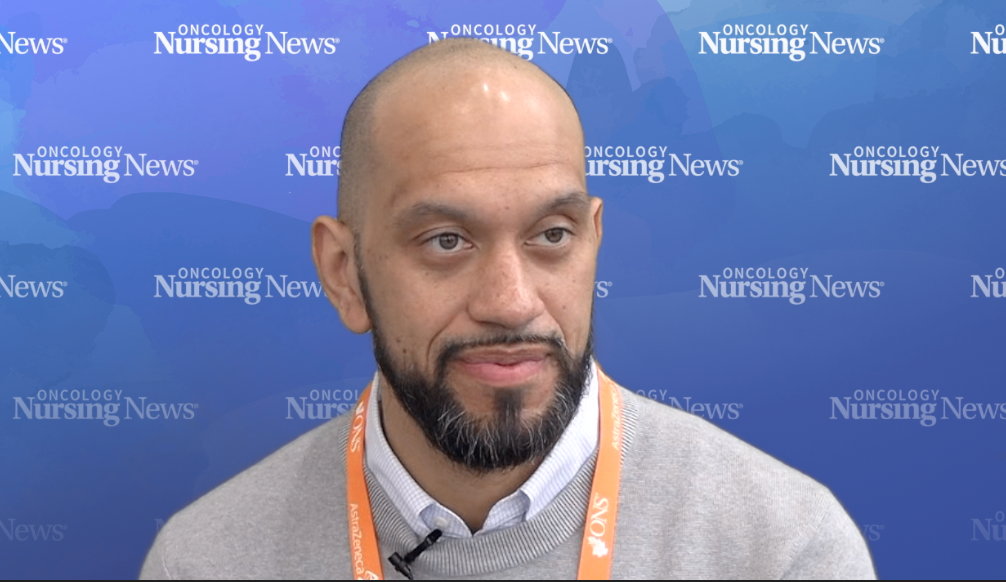Utilizing Treatment Free Survival as an Endpoint in Research
As immune checkpoint inhibitors begin to reshape how to treat patients with cancer, understanding treatment-free survival as an endpoint in clinical research can better characterize the effects of the treatment.
Treatment free survival (TFS) in patients with cancer is typically defined as when the first-line treatment is discontinued and the second-line therapy is started, and it should be used more as an endpoint in clinical research for immune-oncology, according to Meredith M. Regan, ScD.
Regan believes that TFS can better characterize the way immune checkpoint inhibitors affect patients with cancer. TFS highlights how these treatments can provide a longer-lasting response where other therapies do not, making TFS a natural endpoint for certain clinical research. However, with immuno-oncology comes immune-related adverse events (irAEs) that must also be taken into consideration for evaluating TFS as an endpoint in clinical research.
Regan, a researcher at the Dana-Farber Cancer Institute, had the chance to sit down with OncLive®, a sister publication to Oncology Nursing News®, and discuss looking at irAEs and toxicities as a part of using TFS as an endpoint for clinical research into immune checkpoint inhibitors.
TRANSCRIPTION
With the good that has come with immune checkpoint inhibitors, there's also some bad, and that's an important part for clinicians and patients to be thinking about. Which is, toxicities that happened during treatment, which happens with all systemic therapies, but also that some of those toxicities can persist even after treatment is discontinued.
We wanted to be able to bring that into the analysis as well, so you could understand treatment-free survival, how much of it was spent with ongoing side effects and adverse events that had started from therapy, and how much of it was without those events. So that's how we try to put the whole picture together to be able to weigh the pros and cons of the different approaches.
Nursing Perspectives on Managing Toxicities With ADCs in Metastatic Gastric and Breast Cancers
September 1st 2022In this episode of "The Vitals," Sarah Donahue, MPH, NP, AOCNP; Jamie Carroll, APRN, CNP, MSN; Theresa Wicklin Gillespie, PhD, MA, RN, FAAN; and Elizabeth Prechtel-Dunphy, DNP, RN, ANP-BC, AOCN, exchange clinical pearls for treating patients receiving antibody-drug conjugates.




